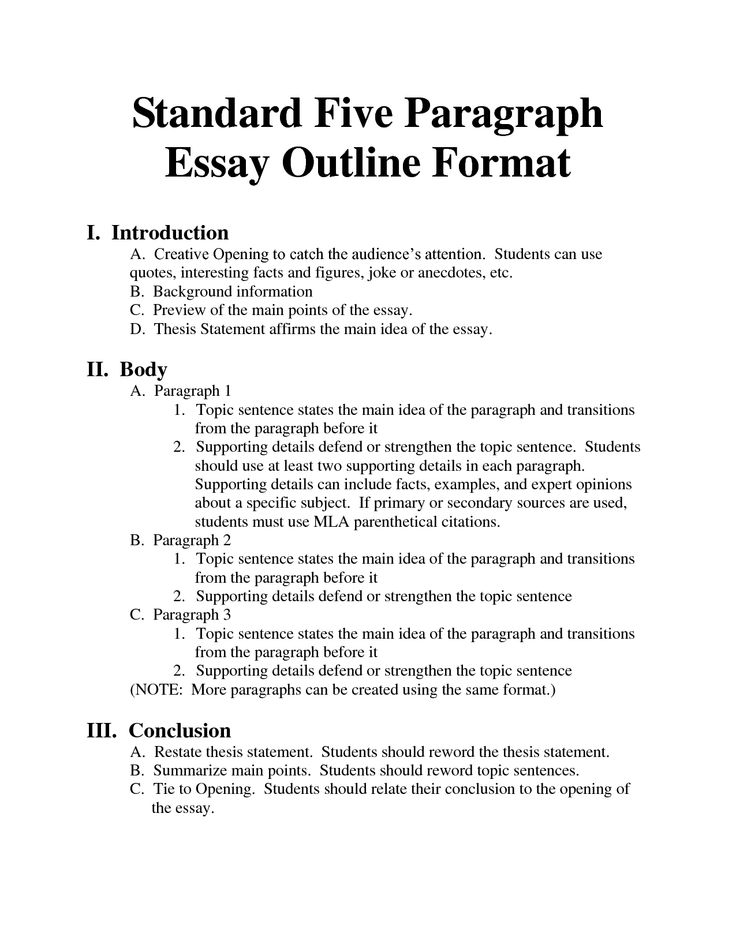The Evolution of Management Theory Essay - 3452 Words.
Essay on The Evolution of Management Practices and Theories - 1.0 Introduction With the rapid change of the world, thought of management, theory and practise keeps on changing. It has been transformed through innovation. Taking into consideration the uncertainty surrounding the construction industry, it is essential paying attention to how.
History And Evolution Of Management Thought Essay Sample. The changing nature of organizations and work, the drivers behind the changes, and the consequences for workers and the workplace “ENTERING AN ERA OF DYNAMIC ENGAGEMENT” Six different themes about management theory are emerging under the umbrella that we call dynamic engagement. six management practices that impact climate.
Task: Analyze the concept of Management Fashion with regard to theories of legitimacy and institutionalization. Management Fashion Introduction. Organizations today operate in an environment characterized by hypercompetition (D' Aveni, 1995). While organizations strive to survive the challenges of the niche market they operate, different environmental factors came into surface and have changed.
Theory of evolution The vivid flora and fauna of the earth, which is symbolic of the evolution of life, inspired the imagination of human beings. Still, the theory of evolution is a controversial subject because evolution is a time consuming process which cannot be observed directly. The history of the theory of evolution proves that the growth and development of modern science forced the.
Essay Management Theories And Principals Of Management. Management theories and principals have grown throughout the years, which is a direct reflection of the constantly changing role of leaders within various organizations. As management styles have changed and leaders have evolved, a significant impact has been made on how work is being.
In this essay, the writer explores the evolution of the classical; human relations; and human resources schools of management theory. The writer also compares, contrasts and explains key differences between these three management theories. The writer also touches briefly on a few of today's other, more recent, management theories: systems theory; contingency theory; quality theory.
Robert S. McNamara, in turn revered and reviled, may yet be redeemed as an icon of management. His career was a journey toward managerial wisdom and mirrors the very evolution of management as a.










